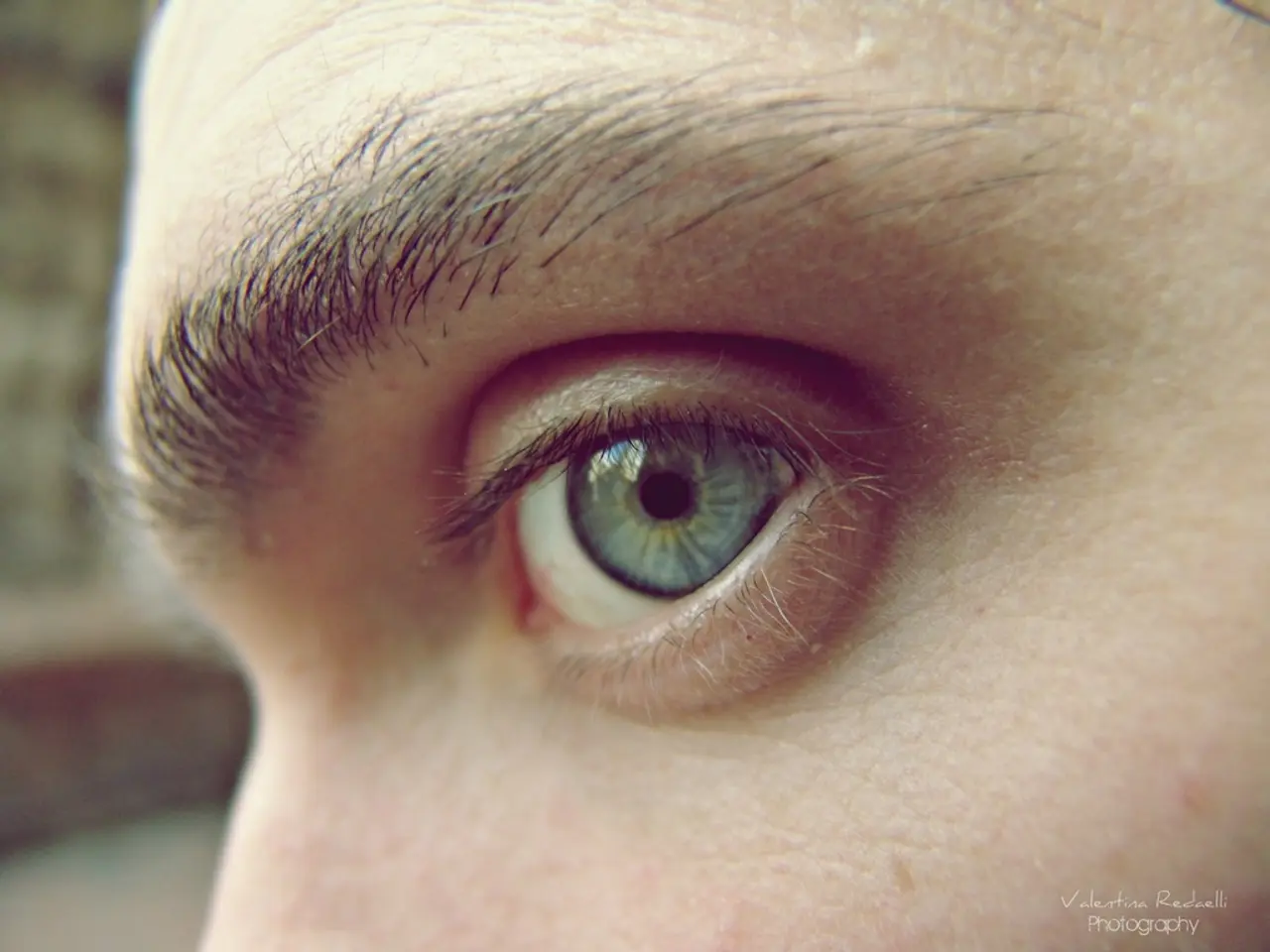Alternative Antihistamines for Dry Eyes: Exploring Suitable Choices
Dry eyes can be a bothersome and uncomfortable condition, but there are several ways to find relief. Here are some tips and treatments to help manage dry eyes.
Firstly, avoiding triggers such as windy, dry, and smoky environments can help prevent dry eyes. Limiting screen time and using a humidifier indoors can also be beneficial.
When it comes to medications, oral antihistamines, especially first-generation, are known to reduce tear production and dry out the eyes, often exacerbating dry eye symptoms. On the other hand, topical antihistamine eye drops address allergic conjunctivitis locally and tend to cause less systemic dryness, although some formulations may still contribute to tear film instability.
For those with dry eye syndrome, it's best to opt for antihistamine eye drops that are less likely to cause or worsen the condition. These drops, such as dual-action antihistamine drops and preservative-free formulations, work by blocking histamine receptors locally and limiting inflammatory mediators responsible for tear film disruption, offering faster relief with reduced dryness risk.
Over-the-counter (OTC) eye drops, such as artificial tears and lubricating ointments, can also be used to treat dry eyes. However, if lifestyle changes and OTC treatment do not provide relief, it's important to consult a healthcare professional for further treatment options.
Prescription medications that increase tear production, such as cyclosporine (Restasis), can also be used to treat dry eyes. In some cases, tear duct plugs and surgery on the eyelids may be necessary.
It's crucial to note that dry eyes can have various causes, including prolonged contact lens use, certain diseases like lupus, rheumatoid arthritis, and thyroid disease, taking certain medications like antidepressants, diuretics, and beta-blockers, ectropion, entropion, and blepharitis.
If dry eyes are left untreated, they can cause persistent eye discomfort, injure the clear cornea, or lead to other complications affecting vision. Therefore, it's essential to manage dry eyes effectively to maintain eye health and vision.
Lastly, maintaining good hydration by drinking 8-10 glasses of water a day and ensuring you get 7-8 hours of sleep each night can also help manage dry eyes.
In summary, by avoiding triggers, using appropriate eye drops, and consulting a healthcare professional when necessary, it's possible to effectively manage and alleviate dry eyes.




